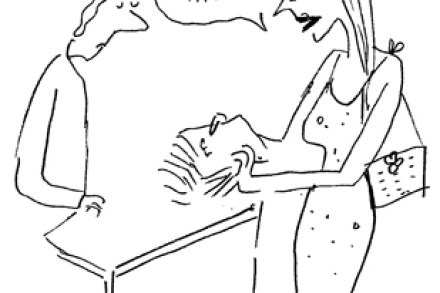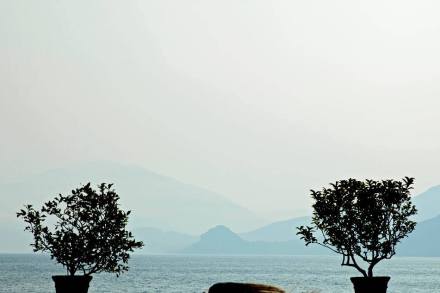Africa’s excesses
There are an awful lot of prostitutes in Africa and most of them seem to pass through the pages of Richard Grant’s book at one time or another. All this puts him in a terrible lather — ‘I had been so long without a woman’, he moans at one point, this while weighing up the attractions of a woman called Felicia ‘with extraordinary skin’ in the Rwandan capital, Kigali. But Grant also has a girlfriend back home who he’s determined to remain faithful to, and a mind set on higher things. He wants to become the first person to navigate the second longest river in Tanzania, the Malagarasi. The reason






